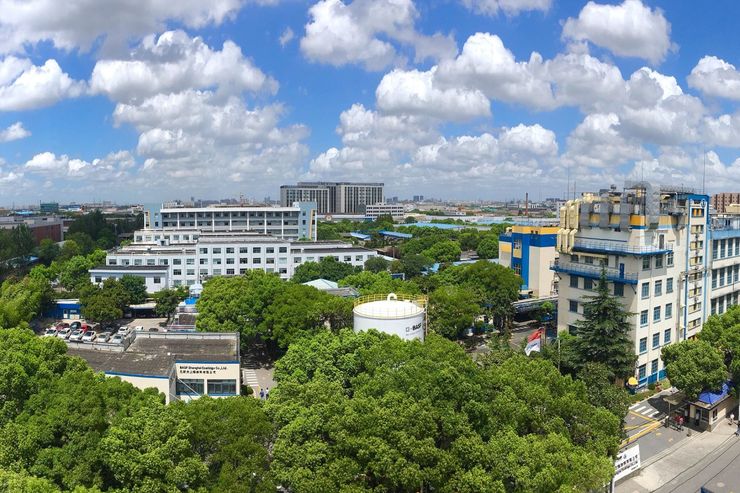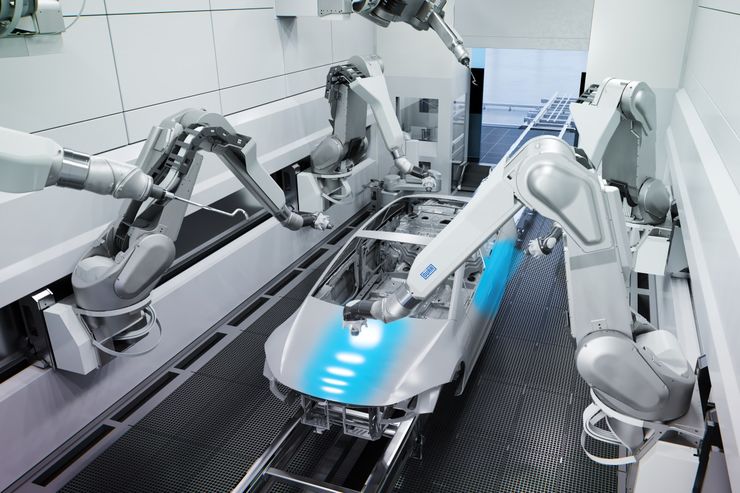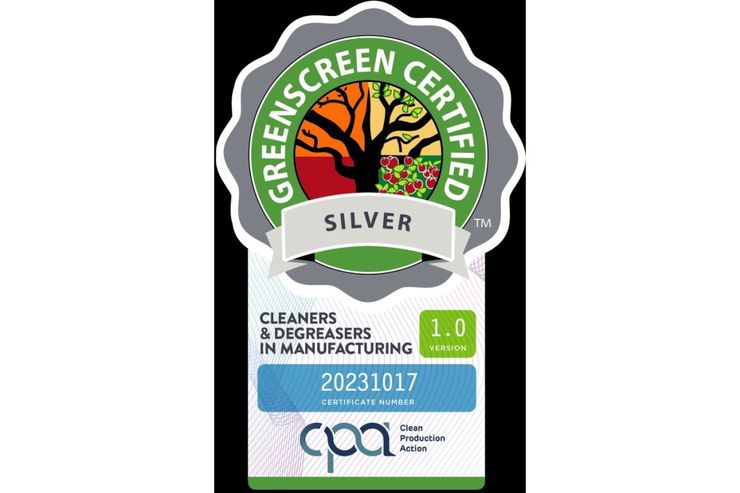BASF Shanghai Coatings' Minhang and Caojing sites in Shanghai, and BASF Coatings' resin plant in Caojing, Shanghai, will use 100% renewable energy in their processes in 2023. This makes the company one of the industry leaders in China in the use of renewable energy for coating processes.
Through a combination of renewable energy power purchase agreements, the acquisition of i-REC's international renewable energy certificate and other measures, BASF Automotive OEM Coatings is expected to reduce CO2 emissions by the equivalent of approximately 19,000 metric tons in China by the end of 2023.
"Sustainability is firmly embedded in our corporate strategy. We are proud to be among the industry leaders that use renewable energy in all our operations. It helps us minimize our carbon footprint and underscores BASF's commitment to its net zero goal. As a leading manufacturer of automotive OEM coatings, we are committed to meeting the rapidly increasing sustainability expectations of our automotive and automotive supplier customers," said Jack Zou, Vice President, Automotive OEM Coatings Asia Pacific, BASF.
BASF's climate goal is to reduce its CO2 emissions by 25% by 2030 compared to 2018 and achieve net zero CO2 emissions by 2050. The increased use of renewable energy at its global sites - including its headquarters in Münster, Germany - is a good example of how BASF Coatings is using innovative technologies and solutions to reduce its climate impact and help its customers reduce their carbon footprint across the value chain.
BASF's Coatings division has global expertise in the development, production and marketing of innovative automotive and automotive refinish coatings, architectural coatings and applied surface engineering of metal, plastic and glass substrates for numerous industries. This portfolio is complemented by "Beyond Paint Solutions," which are designed to enable new applications with innovative surfaces.
Autor(en): mak







